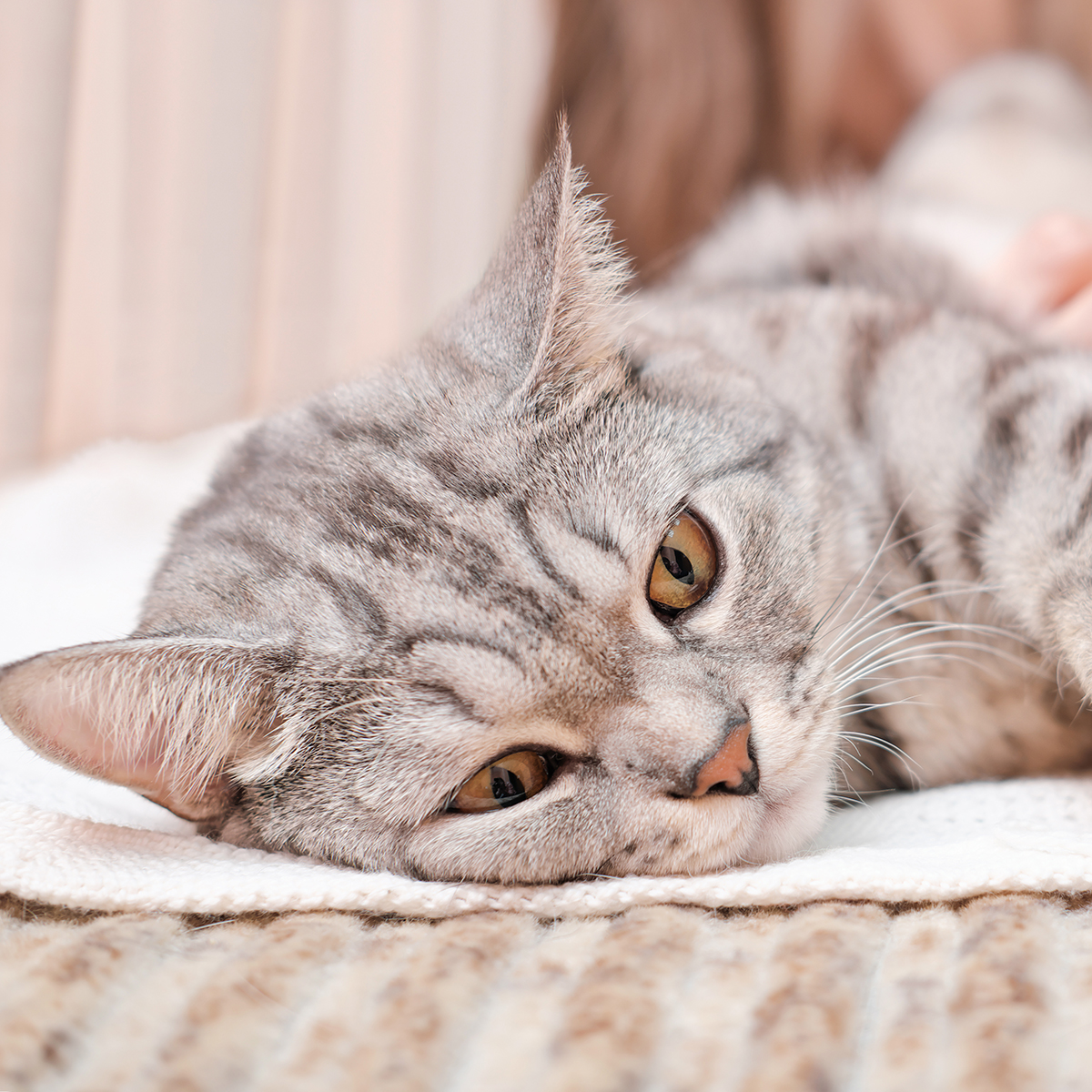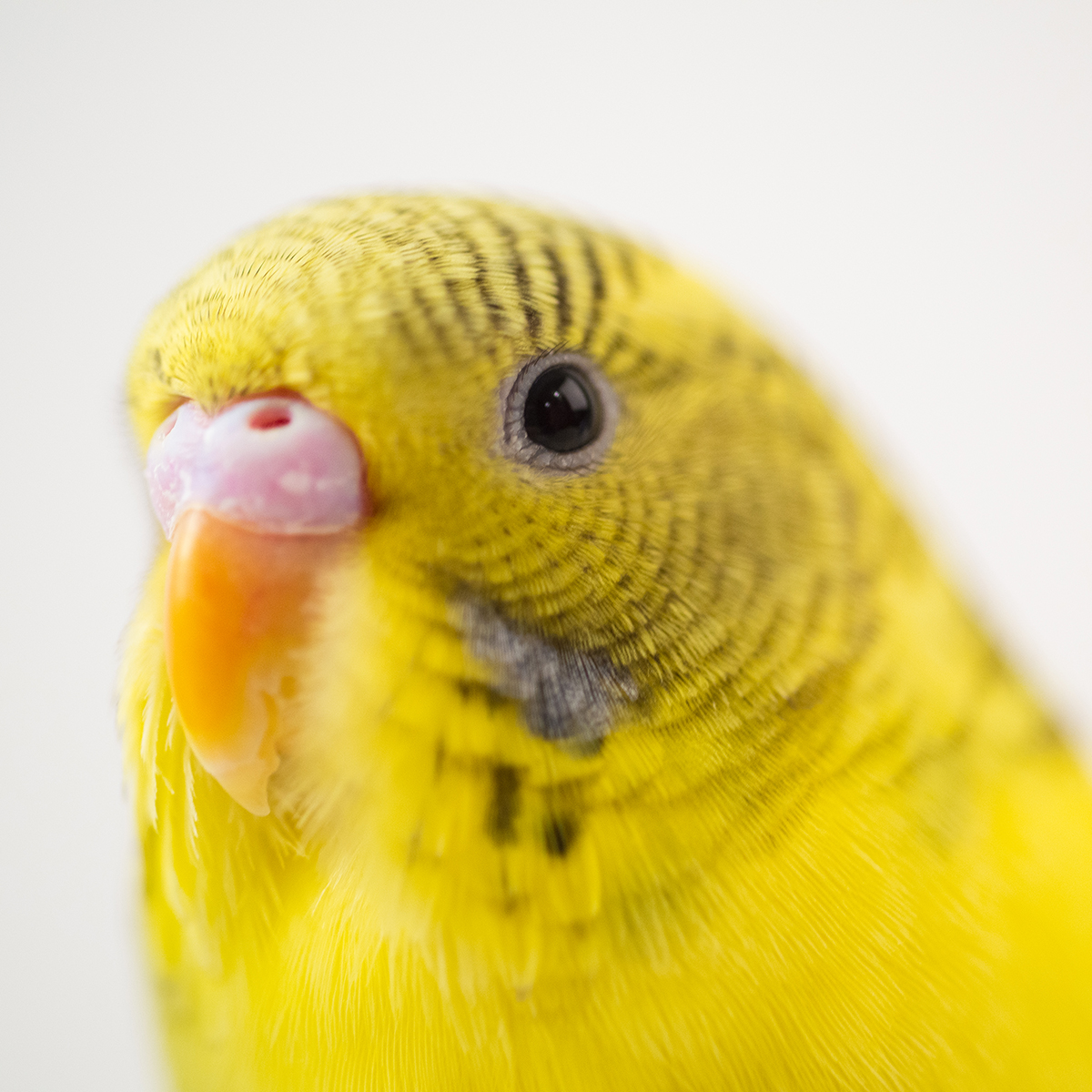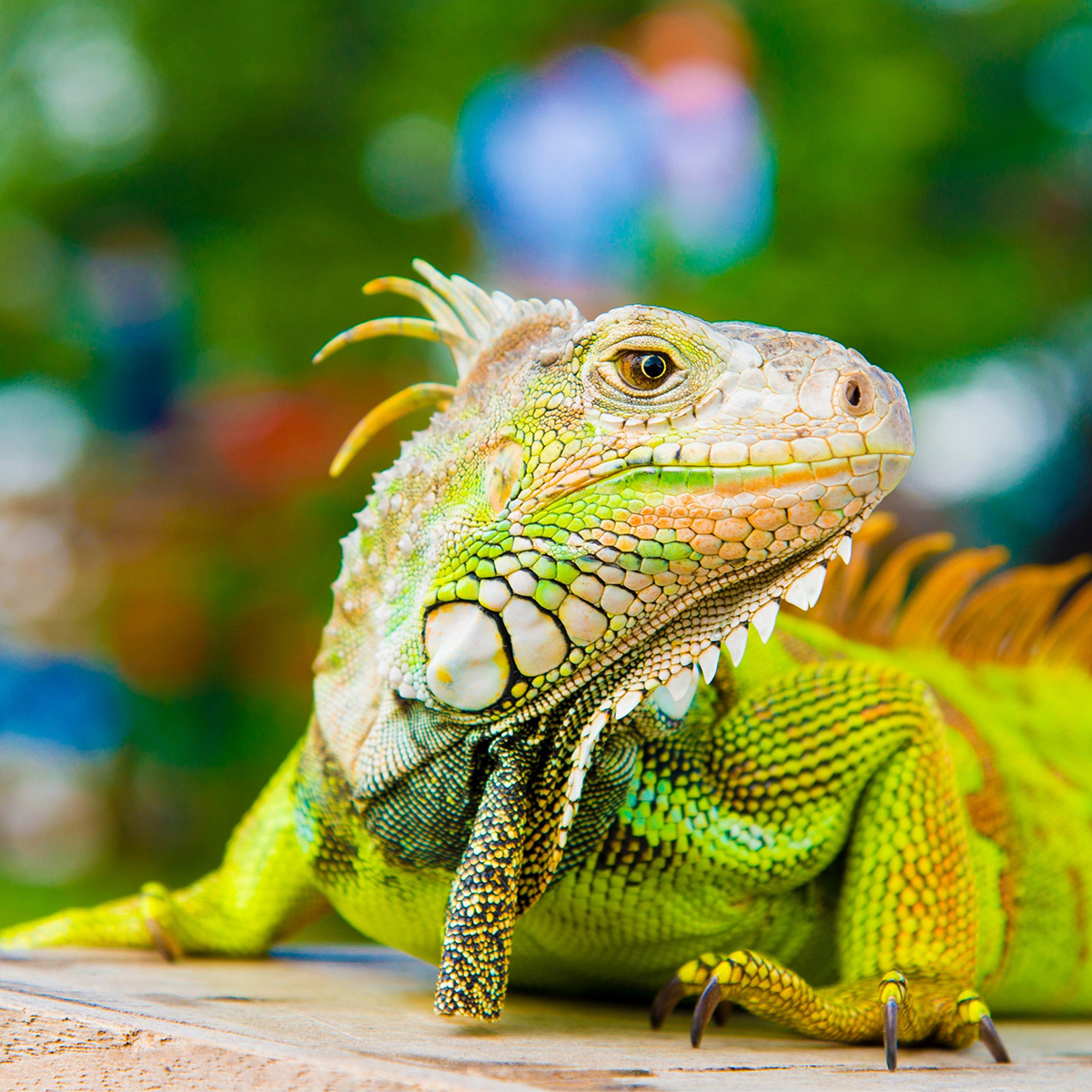Birds may be small, but they have big personalities and big health needs. From parrots and cockatiels to budgies and finches, pet birds can show us joy, color, and companionship. They can also hide symptoms of illness. By the time your bird looks sick, they could already be dealing with a serious condition. All Pet Center knows that recognizing the early warning signs of illness is important so that you can schedule a visit with an avian veterinarian.
Why Birds May Hide Their Illness Symptoms
In the wild, showing weakness makes birds vulnerable to predators. This survival instinct continues in many pet birds today, making it hard for owners to spot health issues early. Subtle changes in behavior or appearance often signal something more serious than what you might think at first.
Sings that Your Bird May Be Sick
Fluffed-Up Feathers
While birds occasionally fluff their feathers to regulate body temperature or relax, staying puffed up for long stretches, especially if paired with lethargy, can be a sign of fever or discomfort. Don’t assume it’s just a cozy nap pose.
Changes in Droppings
Healthy bird droppings are a mix of solid, liquid, and white components. Keep an eye out for unusual colors (bright green, yellow, black), very watery or overly dry droppings, or an unusual foul odor. Sudden changes often indicate a digestive or systemic issue that warrants attention from an avian veterinarian.
Decreased Appetite or Weight Loss
Birds need regular nutrition. If your bird is eating less, avoiding favorite treats, or showing weight loss (even with a normal appetite), something could be affecting their digestive or metabolic system. This may be a small illness or something more serious like Parrot Fever. You may want to use a small scale to track their weight weekly. Many conditions are first spotted through subtle weight changes.
Trouble Breathing
Heavy breathing, tail bobbing, open-mouth breathing, or wheezing are never normal in birds. Respiratory infections can progress quickly, so if you see these symptoms, reach out for avian veterinary care right away.
Discharge Around Eyes or Beak
Any kind of discharge, from watery eyes to crusty nostrils, is abnormal and should be checked right away. These symptoms may indicate infection, respiratory disease, or even a vitamin deficiency.
Poor Feather Condition or Feather Plucking
Birds take pride in their grooming. When feathers look dull, ragged, or are being plucked out, it could signal a nutritional deficiency, parasites, hormonal imbalance, or psychological stress. An avian vet can try to pinpoint the cause and suggest solutions.
Unusual Behavior
Is your normally chatty bird suddenly quiet? Are they sitting in the same spot all day or acting withdrawn? Behavioral changes can be the first indicator of illness or pain. Trust your gut. If your bird isn’t acting like themselves, it’s time to check in.
Why You Need a Veterinarian with Avian Experience
Not all veterinarians know how to treat birds. An avian veterinarian has the knowledge and tools to diagnose and treat avian-specific illnesses, recommend species-appropriate diets, and safely handle your bird with minimal stress. Visiting a vet who knows about birds means:
- Accurate diagnoses
- Safe medication dosing for small species
- Expert advice on housing, enrichment, and nutrition
- Preventive health care plans for long-term wellness
Birds Need Proper Treatment for Illness
Birds might be quiet about their health, but your awareness can speak volumes. If you’ve noticed any of these symptoms in your feathered companion, reach out to All Pet Center. We treat avian pets in Hot Springs Village, AR and from surrounding areas like Little Rock and Conway. Worried about your bird’s health? Schedule an appointment at All Pet Center for your pet.








